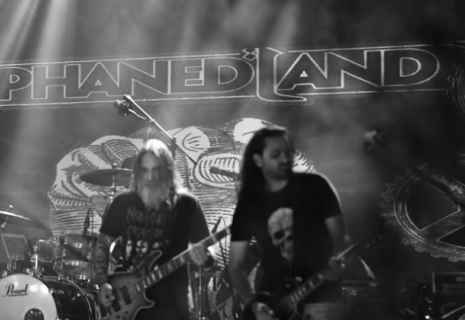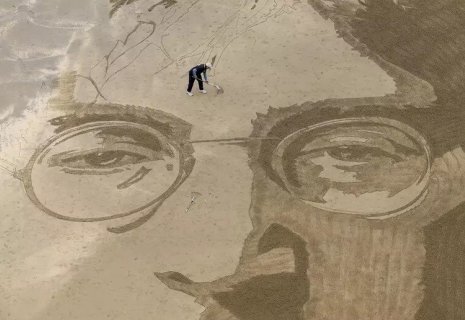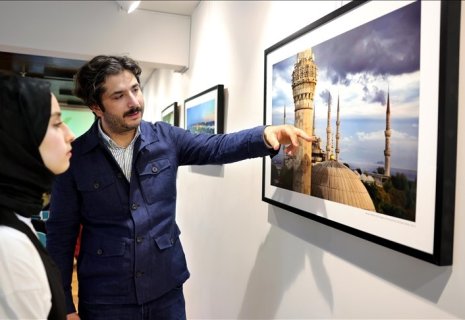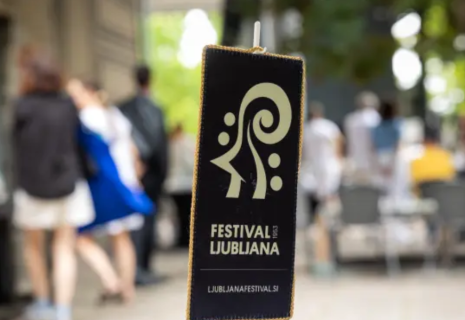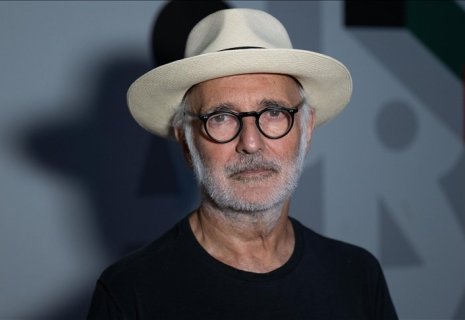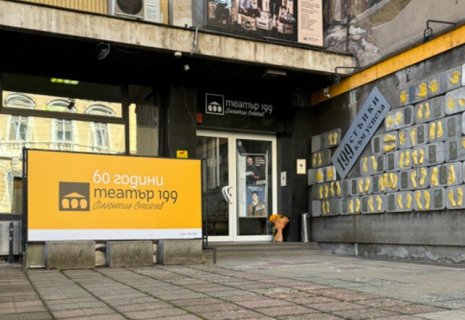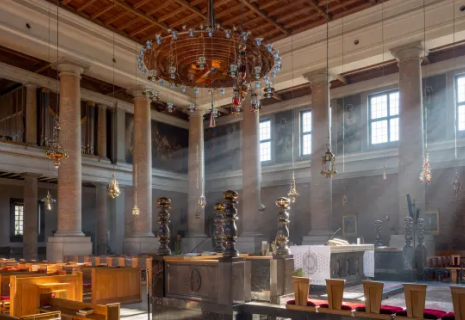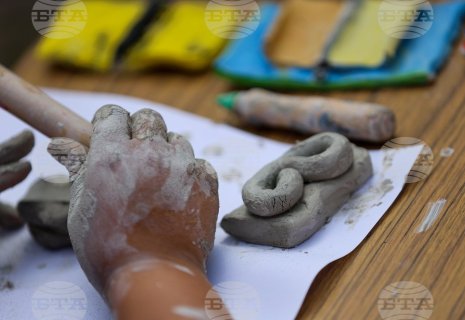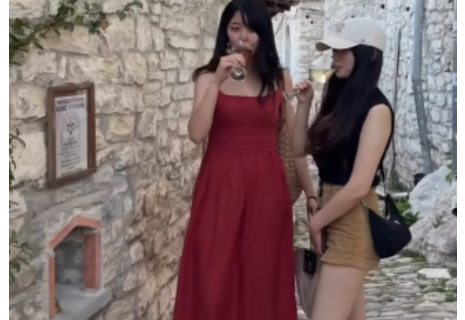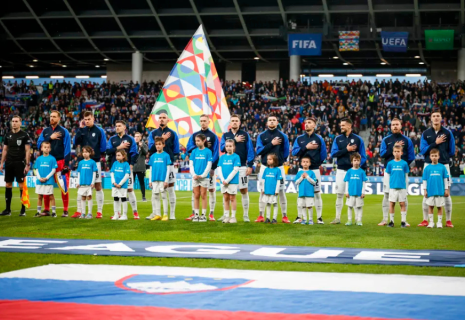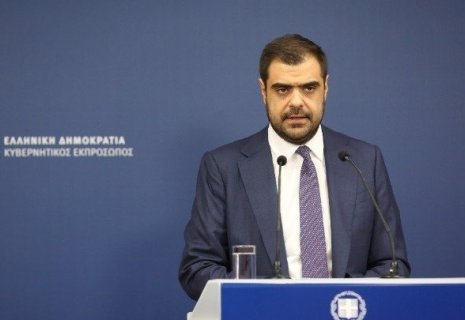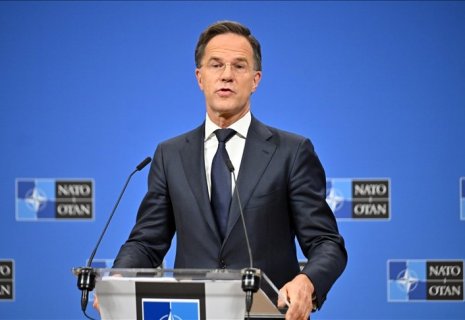
Ukrainian woman turns prison ordeal into fashion revolution
Former Ukrainian prisoner of war Maria Chekh endured and survived the darkness of Mariupol and Russian prisons, and today, she is the founder of the fashion brand Gerda-11, which symbolises the strength, dignity and unbreakable will of women who survived hell and chose to overcome it, CE Report quotes HINA.
"I want to be living proof that you can go through hell and come out stronger," says Maria Chekh, who stayed in Croatia as part of a rehabilitation and reintegration programme for Ukrainian war veterans.
Born into a Ukrainian family active in the People's Movement of Ukraine, she says that she was aware from a young age of Russian propaganda, attempts to distort history, and the systemic erosion of Ukrainian identity. "We are not 'brothers' or 'family'. Russia is the aggressor. Ukraine is fighting with dignity for freedom, while Russia is destroying everything that doesn't fit into its imperial vision," says Chekh.
Her hometown of Mariupol endured one of the harshest sieges in modern history. The city was relentlessly attacked by aircraft, artillery, warships, and snipers. Streets turned into battlefields, with surviving soldiers and civilians sharing the last of their food and water. Among them was Mariya, providing aid to civilians as the city descended into chaos.
"My city Mariupol, defended by the Azov Brigade, was under constant shelling most of the time. The bodies of civilians lay in the streets, and animals were running with human limbs in their mouths. It was medieval brutality," she recounted.
After the fall of Mariupol, she was taken into Russian captivity - first to the Olenivka camp, then to other prisons. In a 20-square-metre cell, 23 girls were crammed together.
"The conditions were inhumane and unbearable - no air, no space, no human dignity. Because of the heat, humidity, and lack of air in the basement, we all developed skin diseases. Our legs swelled and literally went numb," she described, recalling months spent without being allowed outside, not even for a moment.
But the worst part was the psychological uncertainty - not knowing if her brother and husband were alive and if her city still existed.
It was during those moments that the idea for what would later become Gerda-11 was born. As she looked at the other women in the cell - tortured and beaten - she imagined them as powerful figures on a fashion runway, dressed in gowns that symbolised freedom and feminine resilience. That inner world, filled with beauty amid the darkness, gave her the strength to endure.
Against the backdrop of brutal war, destruction, and captivity, a fashion story was born - one that now draws applause on runways. In May, Mariya's project was unveiled at Lviv Fashion Week, featuring real outfits from her time in captivity as well as dresses inspired by her dreams in prison. The project captivated the audience, with the next show planned for Berlin.
"Gerda-11 is not just a fashion brand. It's a symbol of resilience, dignity, and the inner beauty that war could not destroy," says Mariya Chekh.

